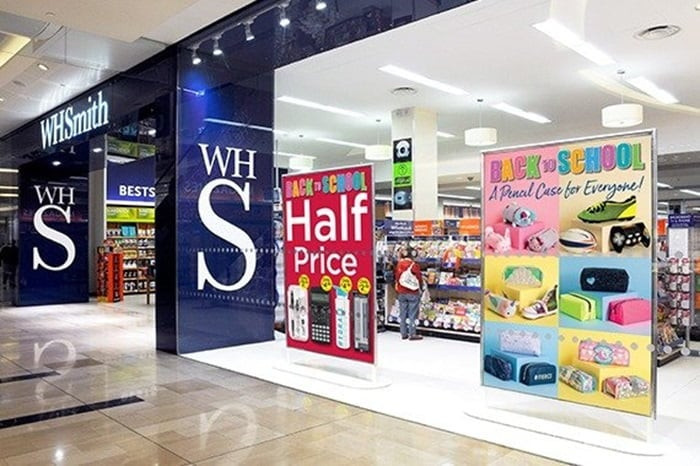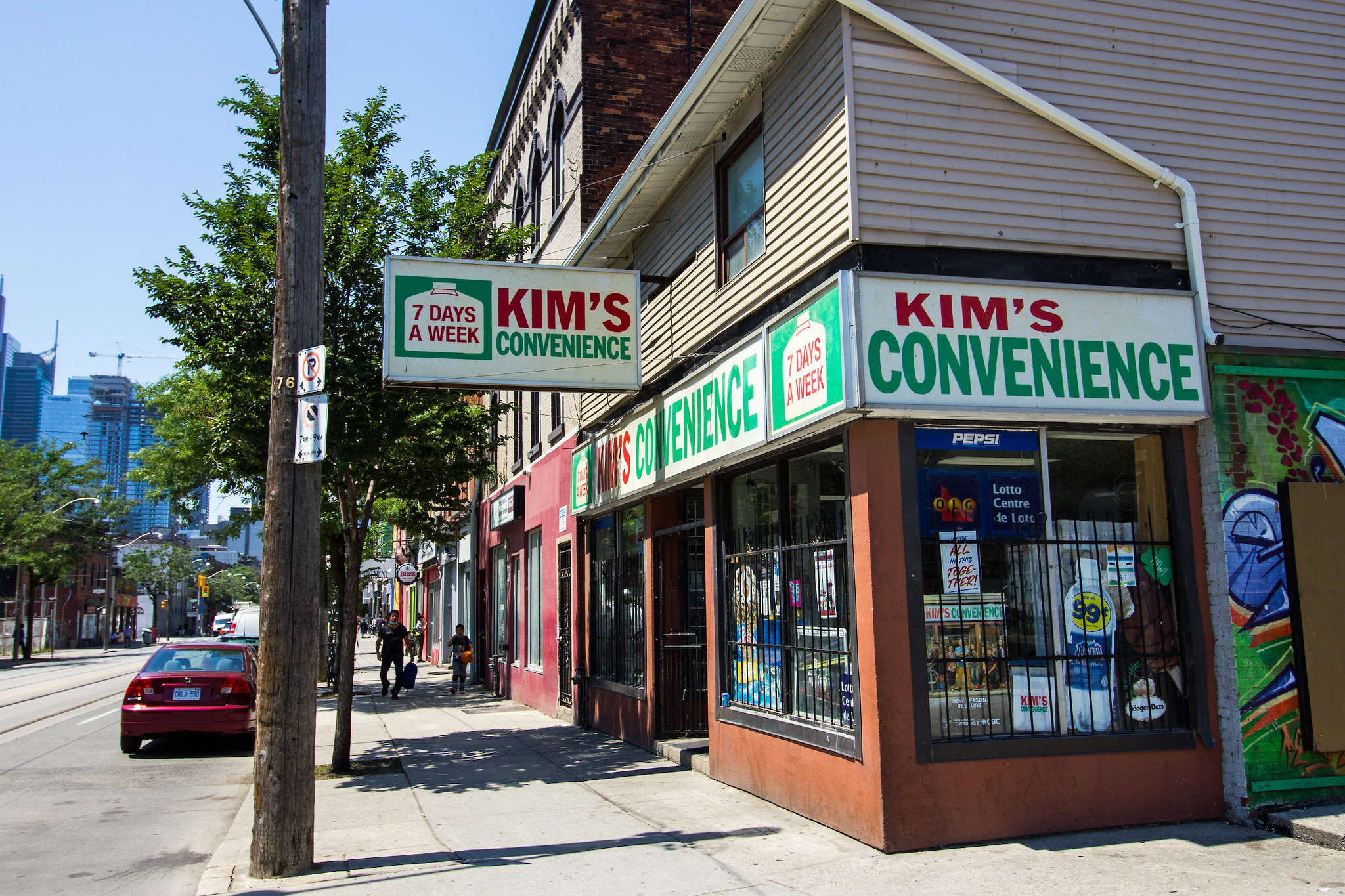WH Smith's High Street Departure: A New Chapter for a Historic Retailer
WH Smith, the venerable British retailer with a history stretching back over two centuries, has announced it is exploring strategic options for its high street business, potentially including a full sale. This move marks a significant turning point for a company synonymous with the British high street, signaling the changing dynamics of retail in the UK and beyond.
The announcement, made on Saturday, confirmed that WH Smith is considering selling its profitable high street arm which comprises over 500 stores employing approximately 5000 staff. This decision comes amidst a challenging economic climate and persistent unfavorable consumer perception towards the chain. The firm highlighted its transition to a focused global travel retailer over the past decade, with its travel arm now boasting over 1,200 stores across 32 countries and accounting for over 85% of its profit. This strategic pivot emphasizes the shift in consumer behavior and the retailer's commitment to maximizing returns.
The Changing Landscape of UK High Street Retail
The decision to potentially sell the high street business isn't unexpected. The UK high street has undergone a dramatic transformation in recent years, with several major retailers facing financial difficulties, even collapse. Experts suggest this is due to a combination of factors including changing consumer habits, increased online shopping, and rising operational costs. The closure of flagship retailers like Wilko serves as a stark reminder of these challenges. Retail consultant Richard Hyman called the news “no surprise,” citing the high street stores’ underperformance and the growing difficulty of operating as a generalist retailer in the current market. The shifting consumer landscape, as eloquently described by Catherine Shuttleworth, a consumer retail analyst at Savvy Marketing, highlights the reduced need for physical visits to stores like WH Smith, which many now access services like news and books online.
A Declining High Street Presence
WH Smith’s high street stores have also faced challenges in customer perception. A 2019 Which? survey ranked WH Smith among the lowest high street retailers, a position it held for nine consecutive years. Shoppers frequently cited issues such as cramped store layouts and messy displays. These negative perceptions contributed to declining foot traffic and revenue, further contributing to the strategic decision.
WH Smith's Strategic Pivot to Travel Retail
The company’s decision reflects a strategic pivot towards its thriving travel retail division. This section of the business, operating in high-footfall locations such as airports, train stations, and hospitals, is a vastly more profitable and rapidly growing venture. WH Smith’s CEO, Carl Cowling, has consistently emphasized this strategic focus in recent years and confirmed the company’s intention not to open more UK high street stores, instead targeting airports and train stations in the UK and expansion into the US and European markets.
Focus on Growth and Profitability
The potential sale of its high street assets would allow WH Smith to concentrate its resources and efforts on its more lucrative travel retail business. Retail Economics consultancy’s Nicholas Found highlighted the strategic shift, arguing that the move would enable a complete focus on this rapidly expanding sector. Despite maintaining its successful high street operations, generating £452m in revenue and £32m in profit in 2024, the travel segment currently accounts for roughly 75% of its overall revenue and 85% of its profit, making it far more financially appealing.
The Future of WH Smith: A Look Ahead
While WH Smith’s statement confirmed that no certainty exists that an agreement for the sale of its high street arm will be reached, the move signals a dramatic chapter close to the company's history on the UK high street. The company's high street stores, a fixture in British towns and cities for generations, may soon be a thing of the past, signaling a significant shift in the company's business strategy and the ever-evolving landscape of retail. Potential buyers, as suggested by Found, might identify opportunities for restructuring and reimagining WH Smith’s high street presence, which will allow the company to focus on its booming travel division and further expand into international markets. Despite the current uncertainty, WH Smith has shown its resilience and ability to adapt to changing market conditions throughout its 230-year history. It remains to be seen whether this next chapter will lead to the revitalization of its high street presence or solidify its position as a leading global travel retailer. The future of WH Smith will undoubtedly shape the future of British retail in years to come. However, it would not be a surprise if the company's statement on the sale is positive, considering that the travel business contributes a large percentage to the company’s overall profitability.


















